Cell Biology Program
The Farese & Walther Lab
Research
The Farese & Walther laboratory investigates cellular lipid and energy metabolism, in particular the mechanisms and physiology of neutral lipid synthesis and storage in lipid droplets. More broadly the lab studies the mechanisms how cells regulate the abundance of lipids, how they store lipids to buffer fluctuation in their availability, and how these processes function in membrane biology and cell physiology, and how dysfunction of these pathways leads to diseases, including cancer, metabolic diseases, and neurodegeneration.
For more information about the Farese and Walther Lab, please visit our website.
Ongoing Projects
- Biology of Cellular Energy Metabolism
The supply and demand for metabolic energy in cells fluctuates. Therefore, organisms have evolved mechanisms to store metabolic energy. The most efficient way cells store energy is in the form of highly reduced carbons found in triacylglycerols (TGs). Although energy storage is inherently beneficial, exceeding the capacity for cells to store TGs has led to metabolic diseases such as obesity, diabetes, and fatty liver disease.
- Lysosomal Lipid Metabolism and Neurodegeneration
Increasing evidence points to the contribution of endosome and lysosome dysfunction in the development of many neurodegenerative diseases, including amyotrophic lateral sclerosis (ALS) and frontotemporal dementia (FTD). We study metabolism of the endo-lysosomal system, focusing on how it regulates the metabolism of membrane lipids, in particular sphingolipids. We are testing the hypothesis that accumulation of toxic sphingolipids and glycosphingolipids leads to neurodegeneration in diseases such as ALS, FTD, and other neurodegenerative diseases.
- Systems Biology and Metabolism
Large-scale, quantitative, high-quality data sets often form the basis for discovery. We employ techniques such as mass spectrometry, genome-perturbations screens, and high-content microcopy to generate hypotheses or models for biological processes. For example, our laboratory uses powerful state-of-the-art proteomics and lipidomics to obtain global insights into the regulation of lipid metabolism. Once we have identified important regulatory circuitry, we combine our ability to determine abundances of molecules with methodologies, such as live cell imaging, to generate hypotheses and investigate these dynamic processes on the cellular and physiological level.

Drs. Walther & Farese
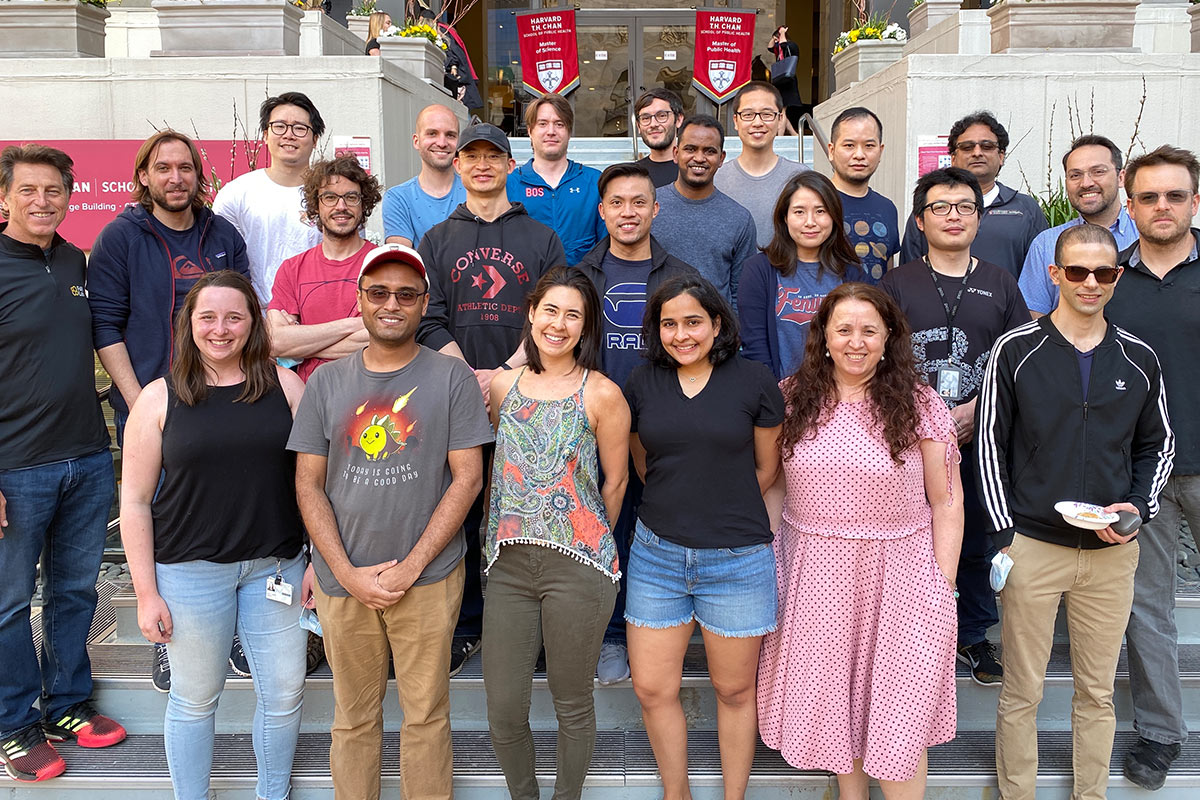
Lab Members in 2021
Publications Highlights
People

- PhD, European Molecular Biology Laboratory, Heidelberg, Germany

- MD, Vanderbilt Medical School, Nashville, Tennessee
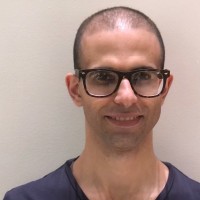
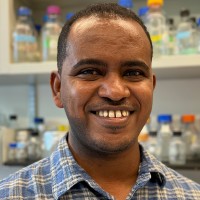
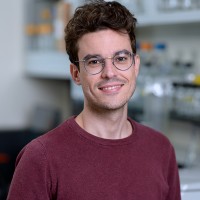






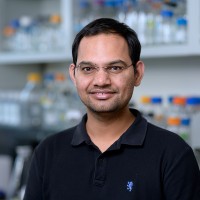
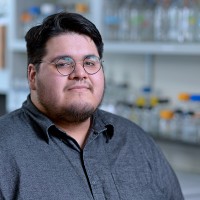
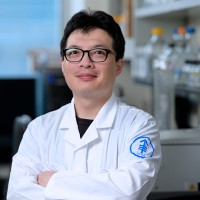



Program Chair, Cell Biology Program; SKI Professor, Weill Cornell; Enid A. Haupt Chair in Cell Biology; MSK Investigator, HHMI

Member, Cell Biology Program; SKI Professor; Alfred P. Sloan Chair

Visiting Investigator (HHMI)

Research Associate

Research Associate

Research Specialist

Research Specialist

Postdoctoral Fellow

Graduate Student

Research Technician

Postdoctoral Fellow

Research Technician

Scientific Administrative Coordinator

Postdoctoral Fellow

Lab Manager

Research Specialist

Postdoctoral Fellow

Postdoctoral Fellow

Lab Alumni

Senior Research Technician

Postdoctoral Fellow

Senior Research Scientist
Lab News & Events
Upcoming event
Mitochondrial transporters and the control of cellular metabolism
Memorial Sloan Kettering Cancer Center
Zuckerman Research Center
417 East 68th Street
ZRC Auditorium
New York, NY 10065
Open Positions
To learn more about available postdoctoral opportunities, please visit our Career Center
To learn more about compensation and benefits for postdoctoral researchers at MSK, please visit Resources for Postdocs
Apply to our Lab
If you are interested in joining our team, please send an application to: [email protected]. The application should include: A cover letter explaining your interest in our lab, Your CV, and the names of three references.
Open Positions for Undergraduates
We are always looking for outstanding young scientists to join our team. Our goal is to make innovative discoveries that contribute to a) scientific knowledge of fundamental biological processes, and b) useful knowledge that changes human practice. We aim to provide teaching and an environment that develops outstanding scientists and leaders.
Get in Touch
-
Lab Head Email